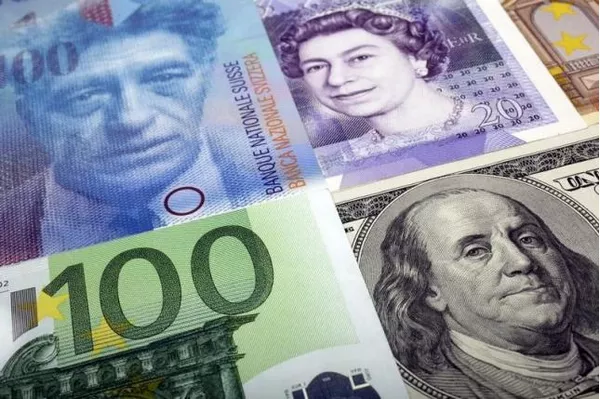In recent months, financial markets have witnessed a noteworthy phenomenon: the strengthening of the British Pound (GBP) against major currencies. This surge in value has left analysts and investors pondering the underlying factors contributing to the Pound’s resurgence. In this article, we will delve into the key drivers fueling the Pound’s strength, shedding light on economic, geopolitical, and market-related dynamics that have played pivotal roles in this remarkable turnaround.
Economic Fundamentals:
One of the primary factors behind the Pound’s recent strength lies in the robust economic fundamentals of the United Kingdom. Following the uncertainties and challenges posed by the global economic downturn, the UK has displayed resilience in its economic recovery. Positive data on GDP growth, employment rates, and consumer spending have instilled confidence in investors, prompting increased demand for the Pound.
The Bank of England’s (BoE) proactive monetary policy has also contributed to the Pound’s strength. The central bank’s commitment to maintaining stable inflation and low-interest rates has fostered an environment conducive to economic growth, attracting foreign capital and bolstering the Pound’s value.
Successful Vaccine Rollout:
The efficient and widespread distribution of COVID-19 vaccines in the United Kingdom has been a significant catalyst for the Pound’s recent strength. The successful vaccination campaign has not only mitigated the public health crisis but has also instilled confidence in the UK’s economic recovery prospects. As businesses reopen and economic activities resume, investors are optimistic about the resilience of the UK economy, further driving demand for the Pound.
The comparative success of the UK’s vaccination efforts relative to some other major economies has positioned the Pound as an attractive investment, especially when contrasted with currencies in regions facing more significant challenges in managing the pandemic.
Trade Dynamics:
Trade dynamics play a crucial role in determining a currency’s strength, and the Pound is no exception. The UK’s departure from the European Union, commonly known as Brexit, initially introduced uncertainties that weighed on the Pound’s value. However, as the dust settled and a trade agreement was reached between the UK and the EU, clarity emerged, alleviating concerns and providing a positive impetus for the Pound.
The establishment of trade agreements with other nations outside the EU has further enhanced the UK’s global trade prospects. Increased international trade and the prospect of new economic partnerships have attracted foreign investments, leading to a surge in demand for the Pound and contributing to its strengthening against other currencies.
Interest Rate Differentials:
Interest rate differentials between the UK and other major economies can influence currency exchange rates. The Bank of England’s cautious approach to monetary policy, coupled with its commitment to low-interest rates, has created an environment where investors find the Pound attractive. In contrast, other central banks, such as the Federal Reserve in the United States, have indicated a more hawkish stance, hinting at potential interest rate hikes. This divergence in monetary policy has resulted in a favorable interest rate differential for the Pound, enticing investors seeking higher yields.
Global Risk Sentiment:
The Pound’s strength is not solely a reflection of domestic factors; it is also intricately tied to global risk sentiment. As global uncertainties ebb and flow, investors seek safe-haven currencies, and the Pound, historically considered a stable and reliable currency, has benefited from this sentiment. In times of global economic stability, investors are more willing to allocate funds to riskier assets, including the Pound, contributing to its appreciation.
See Also Will The Pound Get Stronger In 2024?
Conclusion:
The recent strengthening of the British Pound is a multifaceted phenomenon driven by a combination of positive economic fundamentals, successful vaccination efforts, improved trade dynamics, interest rate differentials, and global risk sentiment. As the world navigates the ongoing challenges posed by the COVID-19 pandemic and adapts to evolving economic landscapes, understanding these factors is essential for investors, businesses, and policymakers alike.
While the Pound’s resurgence is undoubtedly a positive development for the UK economy, it is crucial to monitor ongoing developments and potential risks that could impact its trajectory. The interplay of domestic and international factors will continue to shape the currency’s strength, making it imperative for stakeholders to stay informed and agile in navigating the dynamic landscape of global finance.


